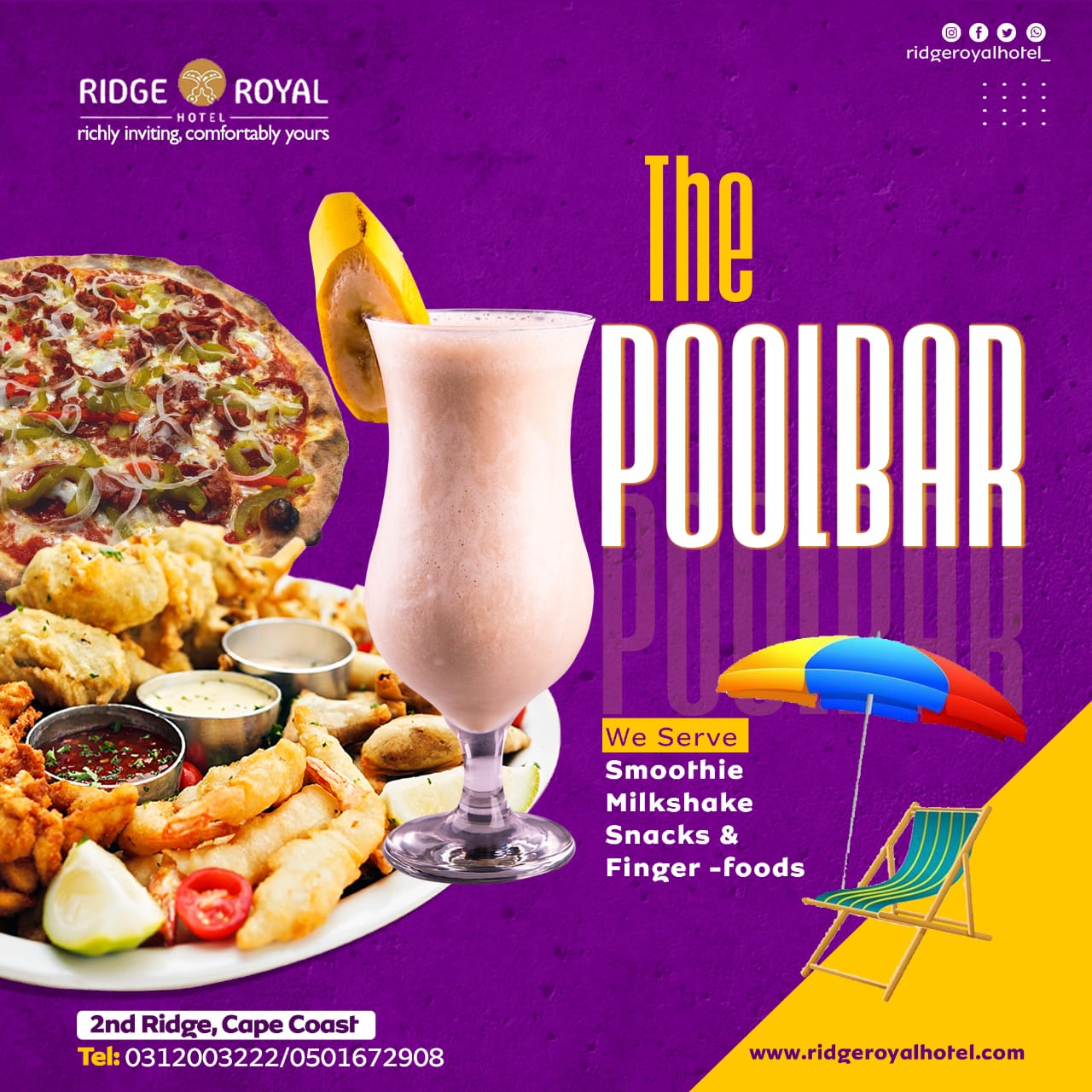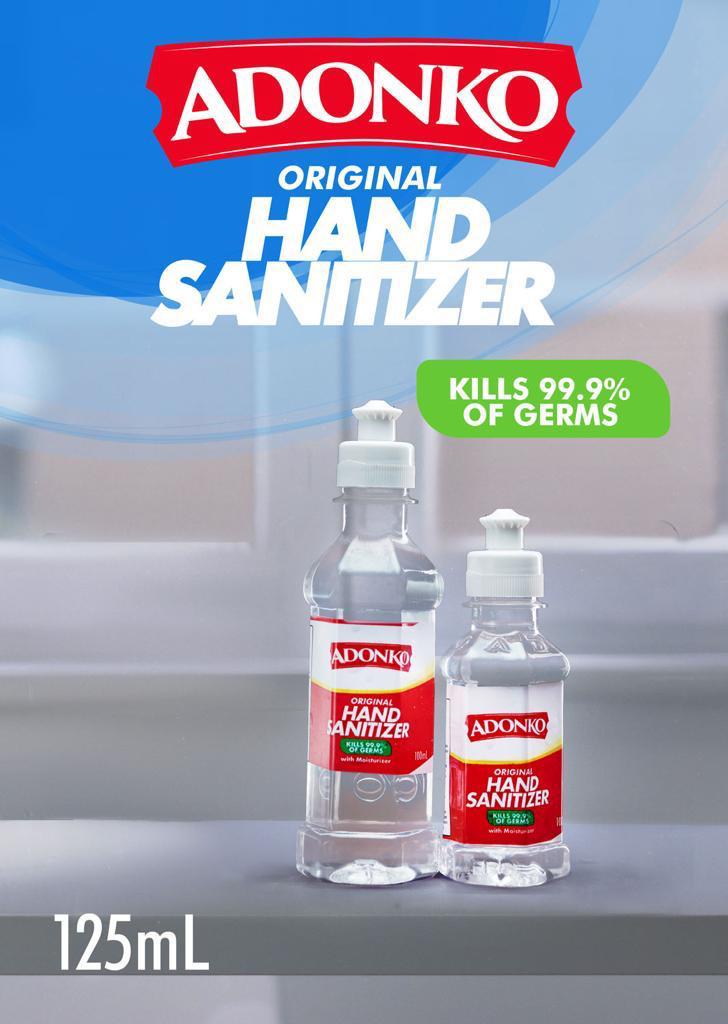|
Getting your Trinity Audio player ready...
|
I got a job in an organization that requires I keep up artificial looks to entice and appeal to clients, especially, the male customers of the brand I served and from my first experience during familiarization with staff of this organization, I realized that, I needed some kind of body make up to suit the company’s need for me to be on their counter.
I started with a look at my nails which took me to Tema Station in Accra where one could find a variety of professional nail extension experts who would, in few minutes, give your nail a new look depending on the preferred nail extension choices.
My choice of Tema station has to do with getting a perfect manicure / pedicure at a reduced prize while enjoying good service rather than visiting a beautician or beauty pallor to have this done at a much higher cost. I agreed to join the queue and awaited my turn.
Watching the nails being fixed for first comers got me somewhat worried. I Realized how unsafe and bloody some could turn up especially the bruises owing to the use of sharp objects during the nail beautification and extension process.
The Human Immuno Deficiency Virus (HIV) can no doubt be transmitted in this activity if extra care is not taken to ensure proper sterilization of the sharp objects used in undertaking these beauty enhancements skills which are not peculiar to Ghana but across the world.
Ghana currently has recorded 346,120 people living with HIV, 34 percent of which are males and 66 percent females.
This huge gender disparity can be attributed to biological, social and cultural determinants that put women and adolescent girls at greater risk of HIV infection than men. Especially true are the natural elements that make women receptacles that hold and consume everything the man pours during sexual activity.
Other factors include the manicure and pedicure needs of women that also makes them more vulnerable compared to their male counterparts.
Research has shown that men can live with a woman with HIV for years without being exposed to the virus because he may not have cuts or bruises and or wats on his genitals which can make him highly susceptible to it.
Men are mostly exposed through the opening at the tip of the penis (urethra); the foreskin if the penis isn’t circumcised; or small cuts, scratches, or open sores anywhere on the penis unlike women who are receptive partners since the bottom is riskier than being the insertive partner on top.
It is, a widely known fact that, the major transmission mode of HIV/ AIDS is sexual activity which has been extensively highlighted in most educational campaigns by the Ghana Aids Commission (GAC) informing youths to use protection during sex to avoid getting infected.
The popular cliché “if it is not on, it is not in” campaign leaves out other possibilities including the manicure and cosmetic sessions mostly widespread in Ghana that largely expose women to the risk of contracting HIV/AIDS more than men, killing more women globally.
Aside sex, it has been made clear by experts that communal use of sharp objects is not suitable and acceptable for people operating salons, barbering shops and any activity that involves the use and re-use of sharp objects that could be injurious/ infectious in this case.
It is also important for lovers and families to identify that love does not mean sharing everything including needles, blades and toothbrushes which most couples interpret to be trust and or love without knowing the HIV status of your partner as it cannot be identified by merely looking at the faces of people around you.
Risk is averted when knowledge on the disease abounds which definitely includes knowing your status and building protection on that knowledge to save your life and that of others.
Currently the Ghana aids Commission is placing more emphasis on their agenda 95- 95-95 aimed at ensuring adherence to HIV and AIDS treatment to significantly improve the quality of life for people living with HIV and largely reduce the spread and also halt new infections.
On this new agenda, 71% of people living with HIV know their status with 99% receiving treatment. Out of this number 79% receiving such anti- retroviral therapy have been identified as having viral suppressions as a result of treatment.
The silence on other mode of transmissions like the nail extension mentioned earlier in this piece including the use and patronage of hair and barbering saloons, fighting and biting your adversary and a host of others if not properly highlighted to keep people well informed could be thwarting the efforts and hard work of the Commission in achieving targeted results to reduce and break infections to achieve the agenda 95-95-95.
The Information Services Department would be happy to partner the Ghana Aids Commission to embark on rigorous education exercises to create the platform for in-depth discourse and education to assist the commission achieve targets and also break the surge for a much safer and healthy society for National Development.
“Being self-aware is not the absence of mistakes, but the ability to learn and correct them,” Daniel Chidiac.
The writer is a staff of the Information Services Department.








